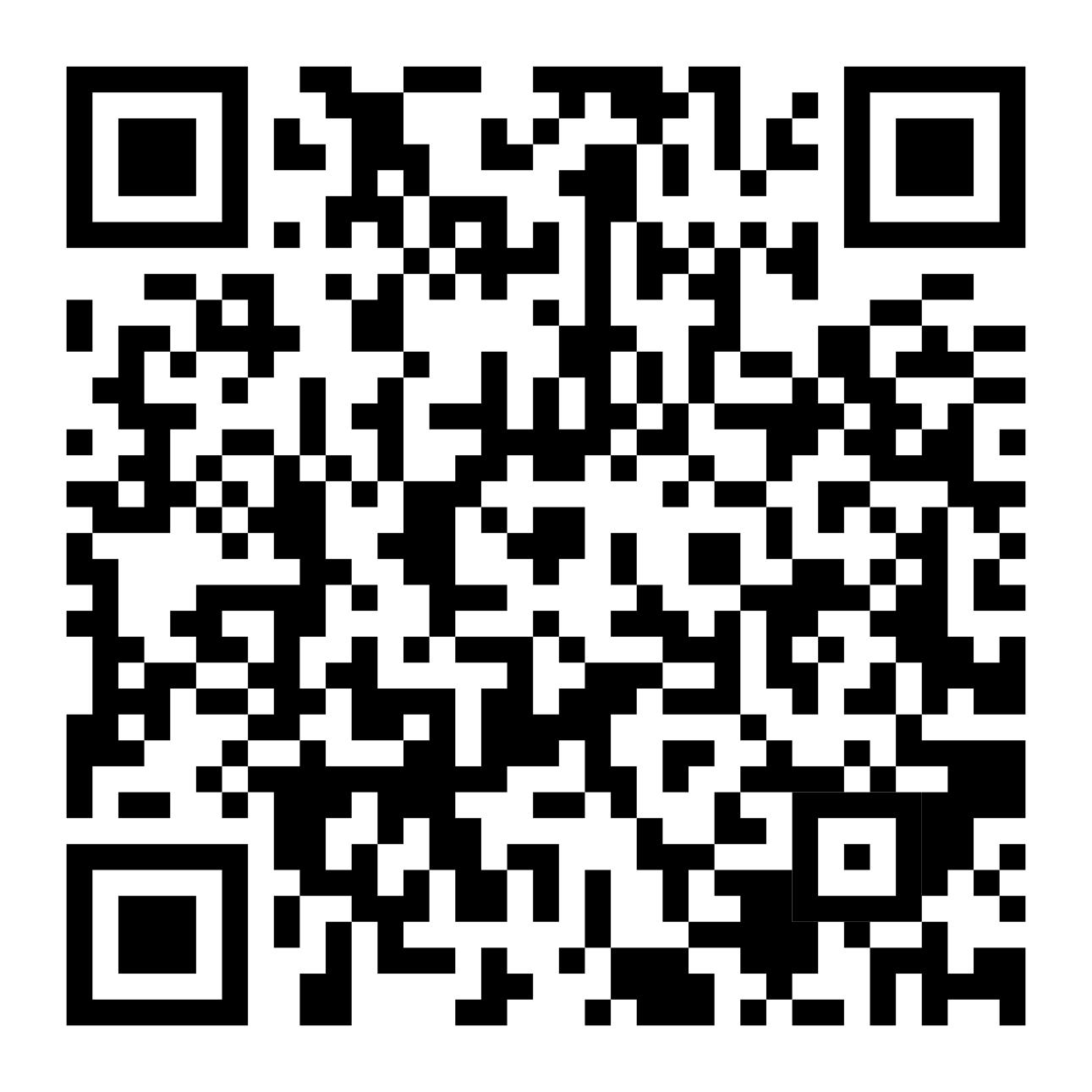Exploring Integrated Vocabulary and Speaking Learning in “Spoken English Vocabulary and Corpus” Class
DOI:
https://doi.org/10.23917/jkk.v2i2.53Keywords:
context-based learning, corpus-based learning, language teaching strategy, vocabulary integrationAbstract
This article explores the strategy of integrating vocabulary and speaking learning in spoken English classes and investigates how lecturers teach these skills. The integration of vocabulary and speaking is essential as speaking is a productive skill that requires input (vocabulary) and output (spoken English). This study aims to delve into how this integration enhances speaking skills by providing language exposure through contextually relevant vocabulary usage. The lecturer's approach involves situational learning videos, focusing on pronunciation and contextual understanding. Moreover, the incorporation of corpus data, depicting vocabulary usage in various speaking contexts, aids students in practicing vocabulary in appropriate situations. The results showcase a spectrum of student responses, ranging from natural speakers to those reliant on scripted preparation. Assignments, including role-plays and conversational scenarios, foster vocabulary utilization in congruent contexts. Student interviews reflect improved understanding of spoken English through vocabulary exploration strategies, facilitating comprehension and communication. The study concludes that integrating vocabulary and speaking learning enhances spoken English proficiency, guiding educators to develop more effective teaching methodologies. Future research recommendations include expanding participant numbers for richer data insights.
Downloads
References
Afifah, N., & Devana, T. (2020). Speaking skill through task based learning in English foreign language classroom. Jo-ELT (Journal of English Language Teaching) Fakultas Pendidikan Bahasa & Seni Prodi Pendidikan Bahasa Inggris IKIP, 7(2), 135-144.
Aravind, B. R., & Rajasekaran, V. (2021). Exploring dysphasia learners’ vocabulary acquisition through the cognitive theory of multimedia learning: an experimental study. International Journal of Emerging Technologies in Learning (IJET), 16(12), 263-275.
Aristi, N., Prawati, A., & Maria, D. (2016). The Correlation Between the Vocabulary Mastery and the Speaking Ability in Describing People by the Second Year Students of SMPN 12 Bintan. Student Online Journal (JOM) in the Field of Teaching and Education, 4(2), 1-9.
Leong, L. M., & Ahmadi, S. M. (2017). An Analysis Of Factors Influencing Learners’english Speaking Skill.
Mudofir, I. (2014). The influence of learning strategies (stad vs conventional) and learning modalities on the results of learning vocabulary in speaking English. Journal of Applied Linguistics, 16-27.
Mufidah, N. (2017). Strategies for Learning to Speak English.
Nation, ISP. 1990. Teaching and Learning Vocabulary. New York: Newbury House Publishers.
Nunan, david. 1991. Language Teaching Methodology: A Textbook for Teachers. New York: Prentice Hall.
Ortalisje, D. E., & Metboki, Y. (2020). English Vocabulary Learning Strategy In Students Of English Study Program. Lingko Journal: Journal of Language and Literature, 2(1), 21-36.
Selani, T. P. The Importance Of Students' Speaking Skills In Learning.
Thariq, P. A., Husna, A., Aulia, E., Djusfi, A. R., Lestari, R., Fahrimal, Y., & Jhoanda, R. (2021). Dissemination of the importance of mastering English for students. Community Service Journal: Darma Bakti Teuku Umar, 2(2), 316-325.
Uchihara, T., & Saito, K. (2019). Exploring the relationship between productive vocabulary knowledge and second language oral ability. The language learning Journal, 47(1), 64-75.
Yansyah, Y., Ariani, L., & Hamidah, J. (2023). Incorporating Character Education And Bilingual Literacy Into Early Childhood Classroom: Practical Ideas. International Social Sciences and Humanities, 2(1), 335-342.
Yuni, R. (2020). achers’ Strategies in Teaching Speaking Skills as Extracurricular Activity for Students at Vocational High School in Yogyakarta (Doctoral dissertation, University of Muhammadiyah Yogyakarta).
Downloads
Published
How to Cite
Issue
Section
License
Copyright (c) 2023 Aulia Riskina, Dina Rafidiyah, Dwi Hana Nurfauziah, Gista Rahma Dayanti, Noor Aida Aflahah, Khusnul Amalin, Rino Andreas, Duwi Saputro

This work is licensed under a Creative Commons Attribution 4.0 International License.















